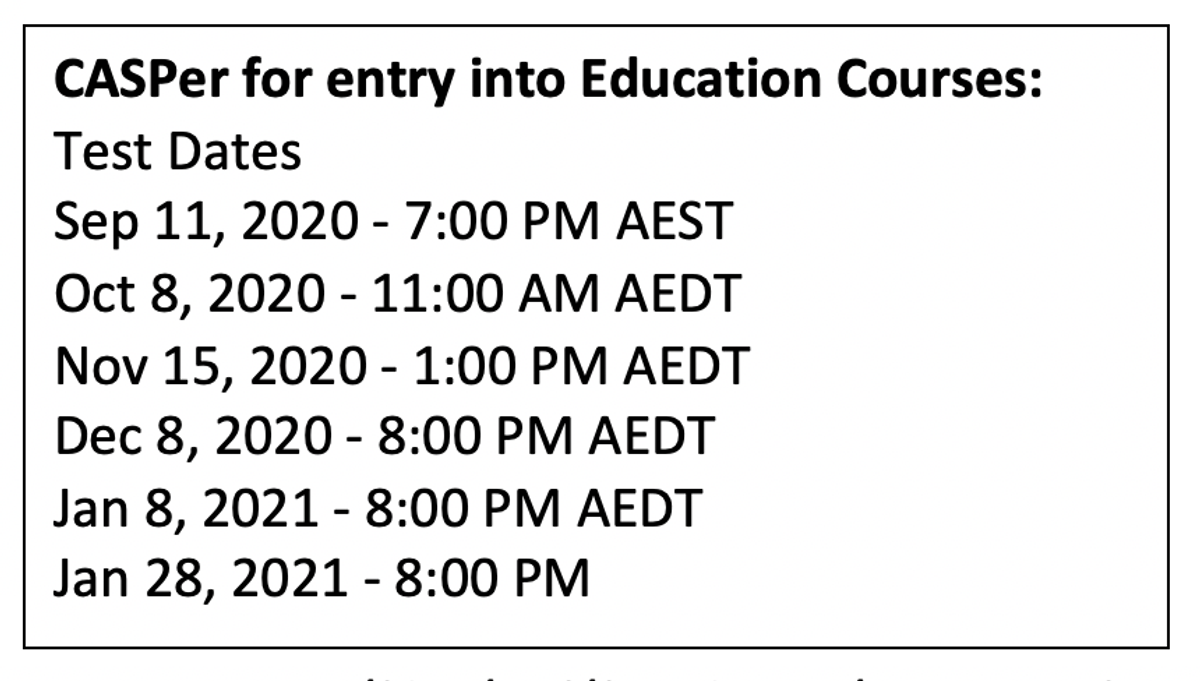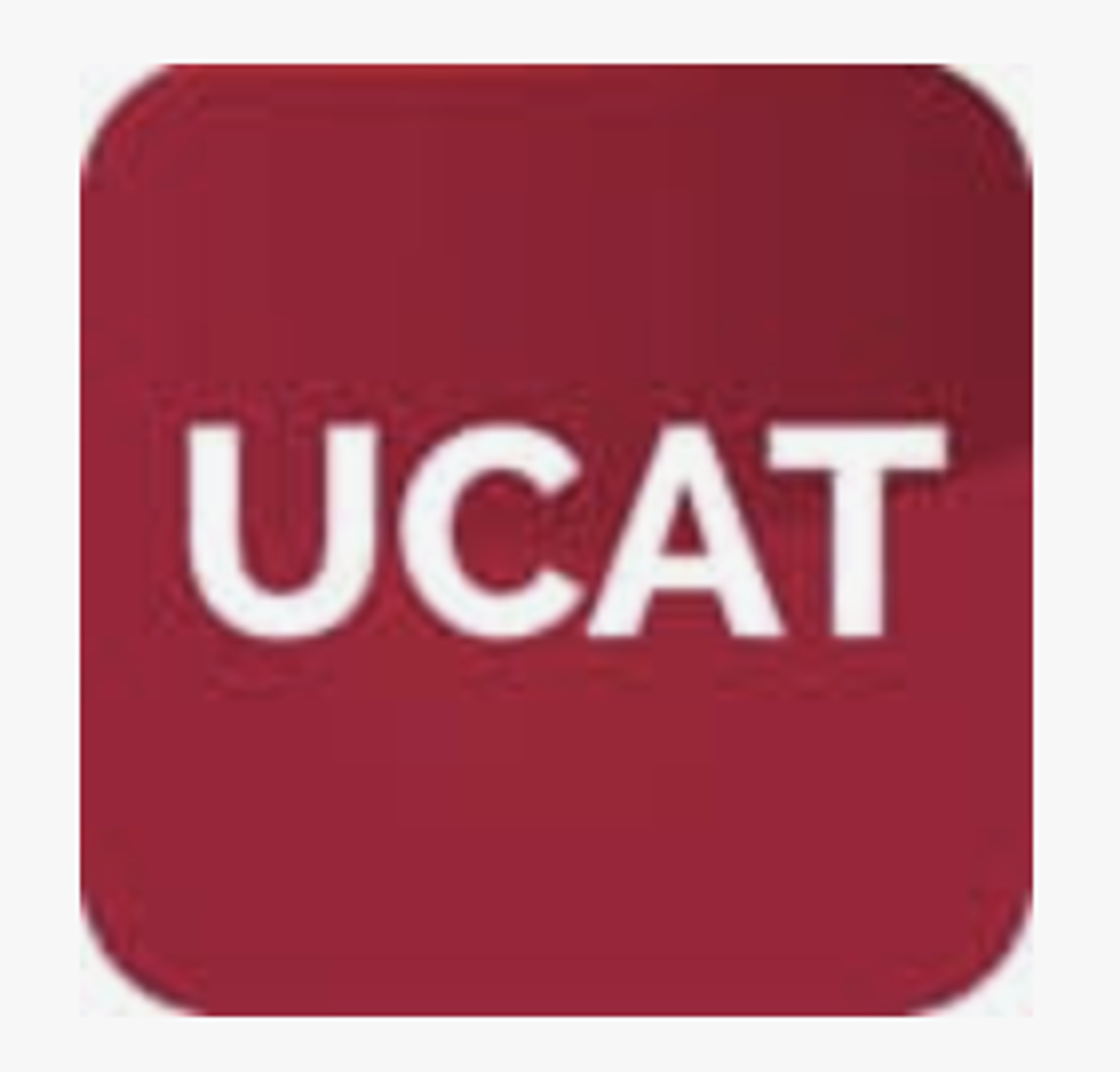Careers news

Higher Education Course Requirements: How to prepare for interviews, auditions and folios
Year 12 students who are studying the Arts would be aware that many courses have requirements for selection other than an ATAR. Some may require a ‘completion of Year 12’ and a minimum language requirement (eg study score in English/EAL). Courses in Design, Fine Arts and Performing Arts may also require the completion of additional assessment tasks such as tests, auditions, interviews or folios.
Do your Research
It's important to be aware of essential requirements and admission criteria for your course entry in order to be properly prepared for the application process. You will need to arrange these presentations with the institutions directly.
Some TAFE institutions and smaller colleges require all applicants to attend an interview regardless of what they are applying for.
Getting ready to present all your hard work can be daunting, so here are some tips from staff at institutions who regularly audition, interview and evaluate folios of applicants.
Quick Tips
Read the Brief
Make sure you clearly understand what the requirements are. These could include a monologue, a portfolio of drawings or a dance routine. Reflect on the requirements and get advice from your teacher if you are unsure.
Do your Homework
Research the institution and the course beforehand, so you can speak confidently about why you want to study there. Knowing about the course structure and the institution demonstrates your enthusiasm and interest in that particular course and the institution. It is perfectly acceptable to call ahead and ask the institution for advice when preparing. You can also contact any friends or relatives who attend the particular institution, or do the course you are applying for, and ask them for advice.
Plan Ahead
Prepare for questions like:
- "What made you choose this institution?"
- "Why do you want to study this course?"
- “What makes this institution and course different to others?"
You may even have to submit a VTAC Personal Statement or a written submission as part of your application.
Be Professional
The same behaviour and presentation expectations apply for attending a course interview/presentation as they do for a job interview. These include:
- dress appropriately
- look and sound enthusiastic
- turn off your phone
- be prepared to ask questions
Be Passionate
Bring your enthusiasm and interest to the interview. You could visit virtual exhibitions in advance, view films and research projects. Have an opinion about the field you would like to study.
Be Curious
By asking questions you demonstrate your interest. It shows that you've carefully considered various factors. Some questions might be:
- the timetable
- rehearsal expectations
- access to facilities
Be Selective
When putting a folio together or preparing for an audition, go for quality over quantity. Choose pieces that best demonstrate your creativity and ability. Ask your teachers for advice.
Have a Back-Up
Have a back-up plan in case of an emergency. Discuss some options with your teacher.
Plan Your Journey
- do a trial run
- if there is a problem with the appointment time, contact the institution as soon as possible to make other arrangements.
- make sure you don't double book. You may have more than one appointment for multiple courses.
- Allow enough time for travel considering road closures, car accidents or inclement weather.
- Plan to arrive with plenty of time to relax
Don’t Panic
- Be yourself
- Be well-rested
- Ask for the question to be repeated or clarified if you are unsure. Let your personality shine.
- Make sure your folio reflects your passions and interests.
- Have opinions
Take Notes
- Reflect on the interview and on comments made by the interviewer
- Take notes on any feedback regarding your work or interview skills
- Ask for feedback if it is not offered
This will not be your last interview regardless of the outcome of this one.
You can download the tips here.
Did you Know?
Read about Tests, Submissions and Declaration Forms for these Major Institutions
2021 RMIT Selections
RMIT has published information regarding Selection Task submissions which are now open for their 2021 intake.
Selection Tasks (Requirements)
- You may be asked to complete a Pre-Selection Kit that is a creative task, or supply a folio to be short-listed for a second selection task
- Selection Tasks are compulsory. Your application will not be considered if all selection tasks are not completed.
- Selection task requirements will be listed in the VTAC Guide
- You may need to contact the relevant RMIT school
- You will still need to apply for your program (usually through VTAC)
- If you change your preferences you will still need to complete a selection task for any programs you are applying for
- Some students will apply to RMIT directly (check the RMIT website for applicants).
RMIT Key Dates
- Bachelor of Architectural Design closes on 2 October
- All selection tasks must be submitted by 6 November for Art, Design and Architecture programs to be eligible for the January offer round
- Associate Degree in Design (Furniture) closes on 30 November
Students Tips for Applying to RMIT
- Prepare early
- Late submissions will not be accepted
- Deadlines are important so keep checking them.
- Keep referring to VTAC
- Follow the various steps required. They may be more than one.
The Role of an ATAR
For many programs that require selection tasks, an ATAR is not considered as part of the process. Eligibility is based on performance in the selection tasks and meeting prerequisites.
Ensure you view the selection criteria in the VTAC course information guide and under RMIT program information. More information is also available from Study@RMIT or student recruitment.
CASPer: Initial Teacher Education (ITE) Courses
Since 2017 it has been a requirement that applicants in (ITE) undertake both academic and non-academic capabilities that will assess their personal attributes. Courses that require applicants to sit CASPer will list it under ‘Essential requirements and admission criteria’ in the course entry within the Course Search.
Personal Attributes to Demonstrate
Personal attributes include:
- motivation to teach
- strong communication skills
- willingness to learn
- self-efficacy
- resilience
- conscientiousness
- organisational and planning skills
How do I sit CASPer?
- CASPer can only be taken online and on specific dates.
- For guaranteed consideration for entry into courses accepting applications in 2021, tests must be sat six weeks prior to the date of offer.
- Sitting dates and times can be found here. takecasper.com/dates-times/
- Register for the test at least two days beforehand.
Pre-Entry Test Dates:
Download the CASPer factsheet here.
UCAT for Medicine
The University Clinical Aptitude Test is an admission test for medical, dental and clinical science degree programmes, used by a consortium of universities in Australia and New Zealand. The test is used to select applicants with the most appropriate abilities and professional behaviours required for new doctors and dentists. It is used in collaboration with other admission processes such as interviews and academic qualifications.
Further Details:
- UCAT ANZ (University Clinical Aptitude Test for Australia and New Zealand) is a requirement for some courses.
- Sittings of the UCAT ANZ takes place in July each year.
- The UCAT is a computer-based test.
For more information, see the UCAT website.
New for Nursing in 2021: Language Declaration Form
The Australian Nursing and Midwifery Accreditation Council (ANMAC) advises that according to the Enrolled Nurse Accreditation Standards and Registered Nurse Accreditation Standards, accredited nursing courses must ensure that applicants meet English language requirements for registration prior to receiving an offer.
Making a Declaration
Applicants can make a declaration by following the link in their VTAC account after listing any nursing or midwifery courses on their preference list.
Information about approved English tests and required scores is available in the English Language Skills Registration Standard.
Students should also be mindful of any general institutional requirements for English language proficiency
Latest DSC Career News





